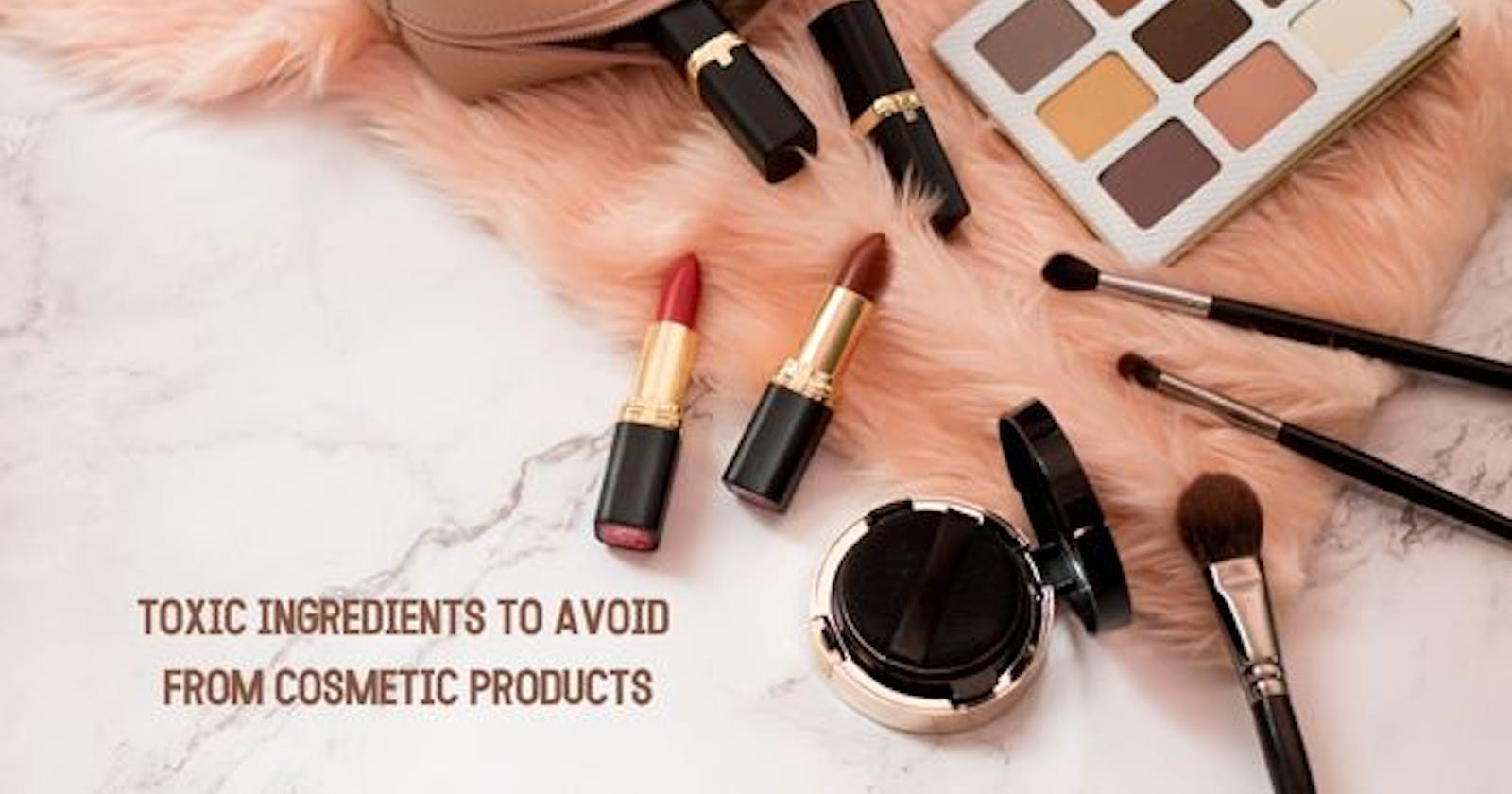The skin is not just the largest organ of the body; it also plays a vital role in keeping your organs secure. Thus, to play the numerous functions that the skin performs, it is essential to ensure it is healthy.
However, continuous exposure to the external environment makes your skin vulnerable to damage and problems. The sun's rays, pollution microbes, and chemicals are some of the factors that can affect your skin. Apart from these elements, the products you put on your skin are incredibly harmful to the health of your skin since 60 percent of the ingredients are taken into your body.
This is why you must be aware of the products your skin chooses to use. This is even more crucial when you consider that many products for skin care aren't FDA controlled, and, as
such, they may contain ingredients detrimental to your skin or general health.
Read more: lotion advantages and disadvantages
Certain ingredients commonly used in creating face washes, lotions, and other products for skin care can cause eczema and hormone imbalance, allergies, reproductive issues, and even cancer.
To prevent this from happening To combat this issue, it is recommended to opt for natural products over synthetic ones. But, broad product labels could be confusing; for instance, products with the title "made using organic ingredients" may have the majority of organic substances while the remaining 30% may cause skin irritation.
Therefore, it is essential to review the list of ingredients in the product and be aware of the most toxic elements to ensure you are not using an unsafe product. The article links 14 components you should stay clear of using on your skin.
Toxic Ingredients to Avoid In Cosmetic Products
Products for skin care are usually comprised of synthetic, natural chemicals and biological components. However, it is recommended to avoid products that have toxic elements like:
1. Phthalates
Phthalates are a group of chemicals commonly used to improve the flexibility and softness of plastics. In the cosmetics industry, phthalates are utilized to dissolve odor.
The most common products
There are phthalates in scent-laden products like nail polishes, body sprays, fragrances, cleaners, perfumes, lotions, and hair sprays. The most popular phthalate is dibutyl.
Probleme they could be the cause of
Phthalates are frequently a cause of allergic reactions. They can alter the endocrine system, causing hormonal imbalances. They can also increase the possibility of breast cancer and congenital disabilities in reproduction.
Phthalates also can be harmful to the cardiovascular system and could cause asthma.
Due to their many adverse consequences, phthalates are prohibited because of their numerous adverse effects; phthalates are banned in Asia and Europe; however, they are not currently within the United States. Because they are often used in fragrances, they need to be listed on the label of the ingredients.
2. Parabens
Parabens are a type of preservative used in cosmetics to extend their shelf-life. Water-based products are expected to contain parabens to prevent the growth of bacteria.
Common items
Parabens make up numerous products, from moisturizers and soaps to cosmetics. While it is true that both the FDA and Cosmetic Ingredients Review (CIR) declare the parabens safety to use, this can only be to a small amount.
Parabens are commonly found, such as propylparaben, methylparaben Isopropylparaben, and isobutylparaben, and are in the list of ingredients for your skincare products.
They can cause problems.
Parabens are taken up into the layers of skin, eventually making it into the human. Once inside, they can build up in tissues and bodily fluids and cause health issues.
3. Sulfates
Sulfates are salts derived from sulfuric acid, petroleum, palm oil, or coconut oil. They are surfactants to mix dirt and oil water so that dirt and impurities can be cleaned quickly. In addition, sulfates can be described as substances that aid in making lather.
Common items
Because sulfates aid in producing foam, they are used in facial cleanser shampoos, shower gels, and similar products. The most commonly used sulfates are sodium lauryl sulfate and sodium laureth sulfate.
Issues that they could cause
Sulfates can help cleanse the scalp and the skin. However, they also can cause dryness and irritation as they remove the natural hydrolipidic layer on the skin's surface.
Furthermore, sulfates can lighten hair dyes and increase your absorption rate of irritating substances. Again, using sulfate products may cause itching, cystic acne, eczema, and dermatitis.
4. Fragrance
In addition to providing an olfactory relaxing sensation, scents, especially synthetic ones, are detrimental to the skin and can cause irritation and allergic reactions.
Common items
It is typical for people to select scented products as they believe they are healthier for the skin. This is the case with soaps, deodorants, shampoos, perfumes, and conditioners.
It can cause problems.
Natural and synthetic fragrances are both part of various products for skin care. They can trigger irritation and contact skin irritation.
Of the two, artificial fragrances are the most harmful since they contain various chemicals, including solvents and preservatives. These chemicals can cause headaches, allergies, rashes and dizziness, coloration, cough, and hyperactivity.
The skin can tolerate products like cleansers and soaps rinsed off; however, for wearable products like creams and lotions, select products that contain minimal to no fragrance.
Final Word
Your skin's health is essential to your overall health and is affected by the products you apply. So, it is necessary to be aware of the products you use on your skin because they also get absorbed into the body.
Check the list of ingredients carefully to ensure they don't contain any dangerous substances. Generally, those that have the least amount of ingredients are safe.
